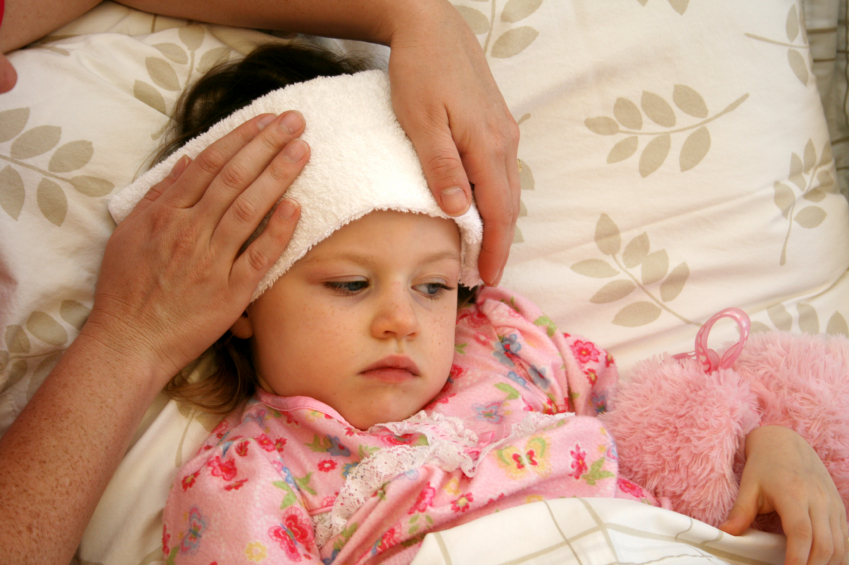Why traveling is good for your mental health
02/13/2019 / By Ellaine Castillo

No matter how happy you are with your life, spending too much time doing the same things can still get a bit tiring. Oftentimes, this can make you feel like you’re stuck in a rut or it can even make you anxious or depressed. One thing that you can do to get out of this funk is to travel. Studies have shown that traveling can do wonders for a person’s mental health, regardless of whether it’s taking a road trip or boarding a long flight to a foreign country.
Some mental health benefits that you can enjoy from traveling include the following:
- It broadens your perspective — New experiences while traveling can push you out of your comfort zone in ways that you will most likely enjoy. You’ll get to try out new dishes that you’ve only heard of and see things that you’ve only seen online or read in books. This will broaden your view of the world and its people, cultures, and customs.
- It helps you learn more about the world — Traveling can teach you things that you wouldn’t have learned even from years of formal education. You’ll gain new knowledge about the world through conversations with the people you’ll come across with.
- It strengthens your relationships — It’s always nice to travel with someone, whether it’s a family member, friend, or your significant other. You’ll get to share new experiences with them that can strengthen your bond. Travelling also teaches you a lot not just about yourself but also about your travel companion that can help deepen your understanding of each other.
- It makes you happier — The anticipation of an upcoming trip can significantly boost a person’s mood. In fact, a study from the University of Surrey found that people are at their happiest when they have a vacation planned. Another study, this time by Cornell University, revealed that the anticipation of traveling causes greater happiness than the prospect of buying new things. This happiness persists during the trip and even after when you’re already reminiscing about everything that has happened.
- It provides stress relief — As the saying goes, “out of sight, out of mind.” So, while on a trip, you’ll get the chance to forget about the stressful things that you left at home or at work. This also gives you the opportunity to clear your mind and heart so that you’ll come back feeling refreshed and you’ll be able to function better.
- It boosts your creativity — The unfamiliar sensations that you’ll experience during a trip can boost your creativity. The explanation for this effect goes deeper than just being inspired. What happens is that the new environment brings about changes in the brain and its connections, which lead to a boost in creativity.
Travel tips that can help you enjoy your trip
Although traveling has many benefits, it can also be a bit stressful, especially if you’re not used to it. To help you get the most out of your trip, here are some tips that are good to keep in mind:
- Be flexible — Even if you have a solid plan for your trip, there are bound to be some things that won’t go your way. Try not to let these things get you down and learn how to adapt to unexpected changes so that you’ll still enjoy.
- Bring photocopies of important documents — If you’re traveling to another country, its best to come prepared with copies of important things like your passport and visa. This could save you a lot of time and effort in case you forget or leave your passport somewhere.
- Learn local greetings — Try not to get lost in translation by at least learning the local language for common phrases like “please,” “thank you,” or “sorry.” It would also help if you knew about customs that the locals share so that you can properly participate in them. (Related: Use local handshaking customs to meet and greet when traveling abroad.)
Sources include:
Tagged Under: happiness, mood, stress relief, traveling




















